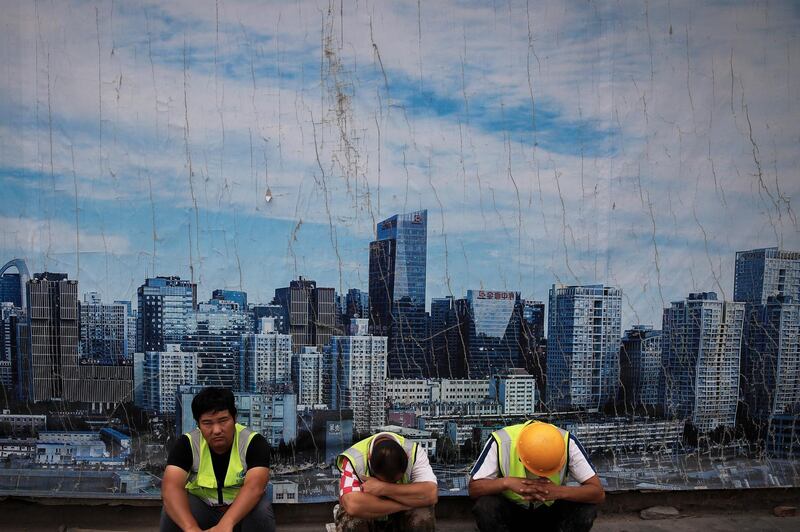Not all generation gaps are created equal.
Between 1990 and 2020, Equatorial Guinea and China are forecast to have the world’s biggest generation gaps – and that is a good thing. But a three-decade spread has not been so kind to Libya and Venezuela.
A generation gap in this case is not how different children are from their parents. Instead, Bloomberg analysed per-capita incomes in 1990 and forecasts for 2020 in more than 150 nations, and measured how much they moved up or down in the world rankings.
Equatorial Guinea, the only African nation where Spanish is an official language, is projected to rank 45th in terms of per-capita gross domestic product in 2020, compared to 146th in 1990. That surge of more than 100 places is mainly thanks to the discovery of oil. China will have the second-biggest jump, rising 66 places to rank 62rd in 2020, based on International Monetary Fund data.
The latest generation hasn’t been so kind to oil-rich Libya and Venezuela, though. War and political turmoil have sapped the flow of energy, leaving those nations far worse economically than they were three decades ago. A generation ago, Libya ranked 24th in the world. It is now projected at 85th in 2020.
_______
Read more:
Many Americans are not benefiting financially from the robust economy
Geneva most expensive expatriate city in the world, new study says
Personal finance in the UAE: Residents track finances better but struggle with saving and debt
_______
"GDP per capita is very geared to how big the capitalist sector is compared to the government sector" Steve Hanke, professor of applied economics and co-director of the Institute for Applied Economics, Global Health, and the Study of Business Enterprise at Johns Hopkins University, said: "Very dramatic movements in prosperity (GDP per capita) can occur over time."
Using per-capita GDP to define the economic health of nations does not necessarily reflect quality of life for the average person, as calculations do not take into account the proportion of wealth going into the pockets of the elite compared to the masses. In Equatorial Guinea, which has 1.2 million people, vast macro gains mask how little money is trickling down to the lower tier. As much as 77 per cent of its population lives in poverty, according to the latest available data on the country.
That’s less the case in China. The world’s most-populous nation also had the most billionaires of any country, according to the Hurun Global Rich List 2018. About 10 per cent of the world’s population, or roughly 800 million people, have been raised above the poverty line since China introduced reforms in 1978 to embrace the market economy.
In Poland, which elected the first non-communist prime minister in the Eastern Bloc in late 1989, the nation has transitioned well to capitalism in the past three decades. While Poland’s population actually shrank since 1990, its ranking jumped 22 spots.
"Nobody was as well prepared as Poland from an institutional perspective to jump into the market system" said Professor Greg Kolodko, former minister of finance and deputy prime minister of Poland in emailed comments.
Among developed economies, countries plagued by high debt have fallen the most. Italy is forecast to fall to 34th in 2020 from 18th. Greece is seen dropping 10 spots to 44rd, while a series of “lost decades” and an aging society will push Japan down nine places to 29th.
Among the rest of the world’s seven most industrialised economies, only the UK rose, albeit a single spot, the same level the US fell.
Bloomberg






